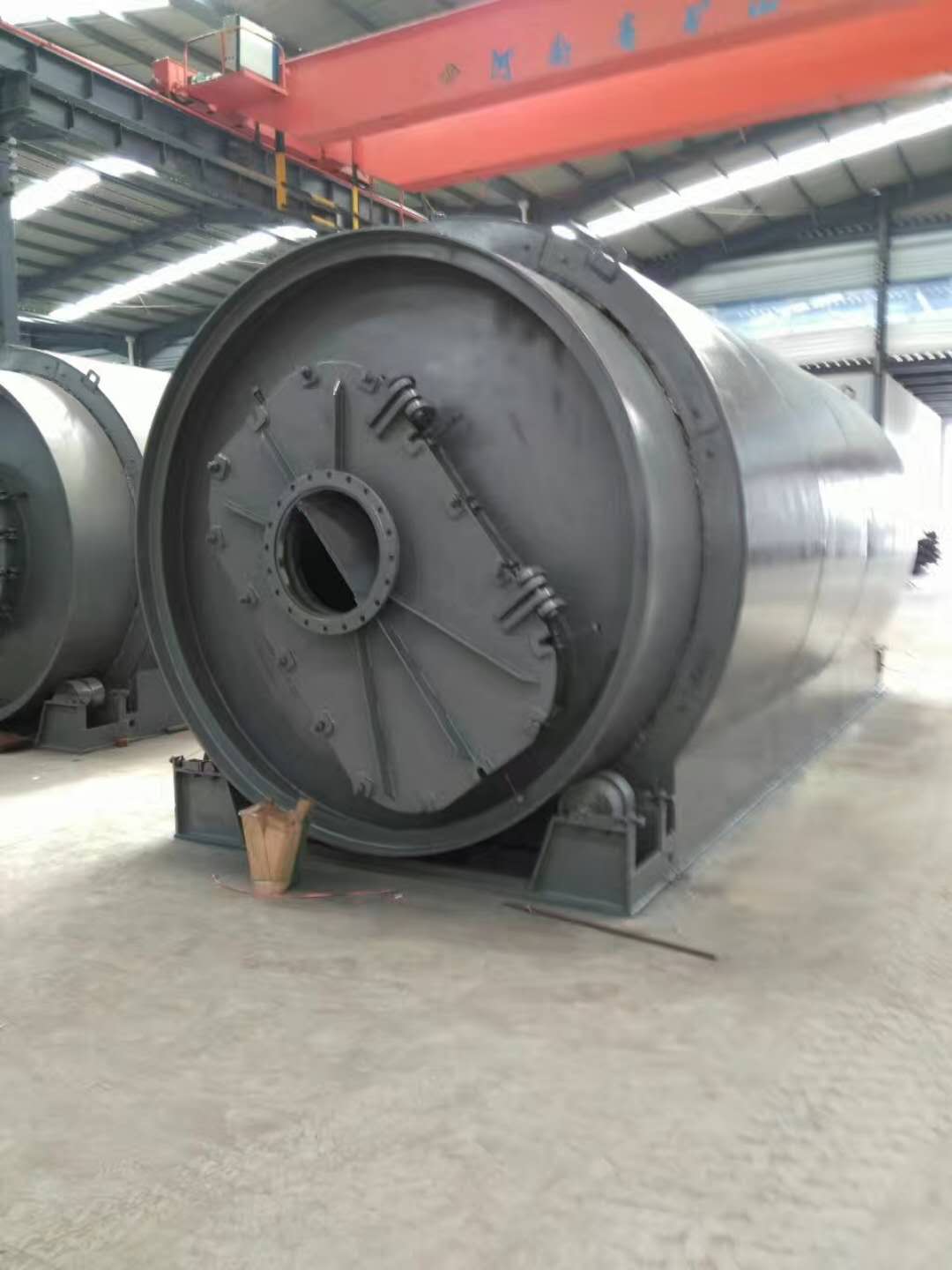Waste tire recycling to oil plant
The economically developed countries attach great importance to the recycling of waste tires, giving full support to various measures such as legislation, establishment of expert bodies, financial subsidies, and tax exemptions.
In Quebec, Canada, the Waste Tire Recycling Management Committee was established as early as 1992, and legislation was passed to collect a processing fee of CAD 4 per new tire from the factory for sale to the fund`s subordinate fund management organization. Recycling of used tires. In 1994, the United States legislated that asphalt highways built with state subsidies must contain 5% of plastic powder. Since 2002, the garbage recycling treatment policy has been implemented, and all domestic and industrial waste including waste rubber must be recycled. In Finland, the recycling rate of used tires has reached more than 90%. In addition to strict laws, the Finnish government is supplemented by technology development and market development. At present, Finland has cultivated a series of new industries in the field of recycling of used tires. It has created nearly US$1.2 billion in wealth annually and provided 5,000 jobs for the community.
In addition, developed countries also provide financial subsidies and preferential treatment for the recycling of used tires. First, the use of scrap tires is free of charge and is usually provided directly on-site by a fixed waste tyre purchaser (equivalent to a domestic waste collection station). Second, disposing of used tires not only does not cost money, but also gives subsidies. For example, if the government subsidizes US$2.5 to US$4 for each spent tire, the Canadian government gives a subsidy of 2 Canadian dollars. Third, companies that dispose of used tires enjoy a zero tax system. In this way, the company gains profit from normal operations and has sustained development.
Compared with developed countries, the support of our government



